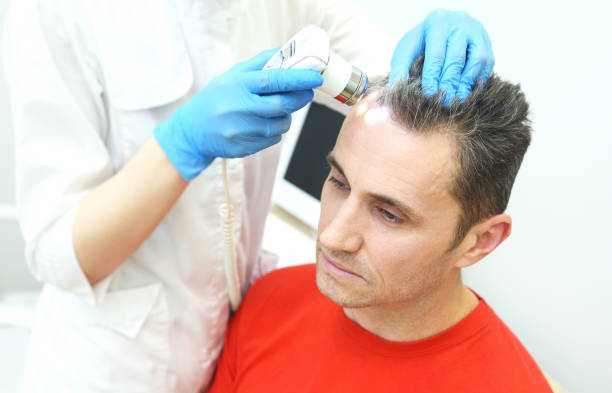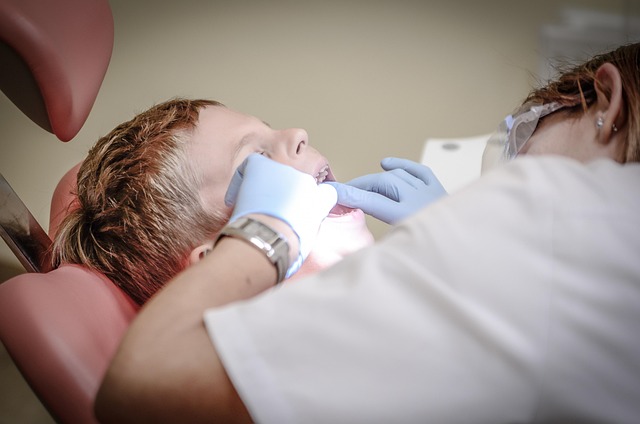Scalp Psoriasis Symptoms Causes and Treatments 2026
Scalp psoriasis affects many Americans with psoriasis, causing itching, scaling, and red plaques on the scalp. This chronic inflammatory condition results from immune system dysfunction and varies in severity. Knowing its symptoms, causes, and treatment options helps provide balanced information.

Symptoms of Scalp Psoriasis
Scalp psoriasis is a persistent dermatological condition characterized by the rapid proliferation of skin cells on the scalp. Symptoms can differ based on severity and individual factors but commonly include:
- Scaly, well-defined patches or plaques that may appear silvery or white
- Redness and inflammation surrounding affected areas
- Persistent itching and discomfort
- Dry flakes resembling dandruff that can shed onto shoulders or hair
- Cracking or bleeding in more severe cases
- Temporary hair thinning due to inflammation or scratching
Symptoms can fluctuate in intensity and may be localized to the scalp or extend to areas around the neck, ears, and forehead. Because symptoms sometimes resemble other scalp conditions such as seborrheic dermatitis, accurate diagnosis is critical.
Causes and Immune System Mechanisms
Scalp psoriasis results from an immune-mediated response where the body’s immune system mistakenly triggers inflammation and accelerates skin cell production. Normally, skin cells are replaced approximately every 28 to 30 days; in scalp psoriasis, this cycle can shorten to 3 to 4 days.
The exact cause of this immune dysfunction remains unclear but is generally believed to involve a combination of genetic predisposition and environmental triggers. Factors that may contribute to the development or flare-ups of scalp psoriasis include:
- Family history of psoriasis or autoimmune disorders
- Stress and psychological factors
- Infections such as streptococcal throat infections
- Certain medications (e.g., beta-blockers, lithium)
- Weather conditions, typically cold or dry environments
- Skin injuries (Koebner phenomenon)
- Lifestyle factors such as smoking or excessive alcohol use
Psoriasis on the scalp is considered a systemic condition as it may be associated with other health concerns like psoriatic arthritis, cardiovascular disease, obesity, type 2 diabetes, and depression, although the direction and strength of these associations vary.
Distinguishing Scalp Psoriasis from Other Scalp Disorders
Several scalp conditions share similar features with scalp psoriasis, complicating self-assessment. Common conditions to differentiate include:
- Dandruff (seborrheic dermatitis): tends to produce finer, greasy flakes rather than thick plaques.
- Tinea capitis (fungal infection): may cause hair loss and scaling but is typically associated with fungal elements found via testing.
- Eczema (atopic dermatitis): often causes more diffuse redness and itching without the thick plaques characteristic of psoriasis.
- Lichen planopilaris: scarring alopecia with distinct features that require biopsy.
Healthcare providers, particularly dermatologists, usually perform a clinical examination and medical history review to differentiate these conditions. In unclear cases, a scalp biopsy may be performed for pathological analysis.
Diagnosis Practices in the United States
Diagnosis of scalp psoriasis in the U.S. typically involves the following steps:
- Visual inspection of scalp lesions and assessment of symptoms
- Review of personal and family medical history related to psoriasis or autoimmune diseases
- Consideration of other body areas affected by psoriasis, such as elbows, knees, and nails
- Occasionally, laboratory testing or skin biopsy to exclude other diagnoses
Early diagnosis can facilitate symptom management and help identify patients at risk for related complications, including psoriatic arthritis. Rheumatologic screening may be recommended if joint symptoms are present.
Management and Treatment Options
There is currently no cure for scalp psoriasis, but various treatment options are used to control symptoms and reduce flare-ups. Management strategies often depend on severity, patient preference, and response to initial interventions.
Topical Treatments
- Medicated Shampoos: Shampoos containing coal tar, salicylic acid, or ketoconazole are commonly used to reduce scaling and inflammation.
- Topical Corticosteroids: Various strengths of steroid lotions or foams are applied directly to reduce inflammation. These require cautious use under medical guidance due to potential side effects.
- Vitamin D Analogues: Calcipotriene or calcitriol creams can slow skin cell growth.
- Combination Therapies: Sometimes corticosteroids and vitamin D analogues are combined for improved control.
Phototherapy
Targeted ultraviolet (UV) light therapy may be prescribed in more persistent cases. This treatment is usually administered under medical supervision in specialized clinics.
Systemic Treatments
For moderate to severe scalp psoriasis or cases unresponsive to topical therapy, systemic medications may be considered. These include:
- Oral or injectable medications such as methotrexate, cyclosporine, or newer immunomodulators.
- Biologic therapies that target specific components of the immune system (e.g., TNF-alpha inhibitors, IL-17 inhibitors).
Systemic treatments require thorough evaluation by healthcare providers given their potential side effects and monitoring requirements.
Supportive Care
- Regular use of moisturizers to maintain scalp hydration
- Gentle hair care practices to minimize irritation
- Stress management techniques may help reduce flare-ups
Epidemiology and Impact in the United States
Recent estimates indicate approximately 45 to 56 percent of people with psoriasis in the U.S. have scalp involvement. Scalp psoriasis often affects visible or sensitive areas such as the hairline and behind the ears, which may impact quality of life and social interactions.
Studies recognize scalp psoriasis as a high-impact condition due to symptoms causing discomfort, self-consciousness, and potential interference with daily activities. Severe cases can lead to hair loss due to inflammation and scratching, though hair typically regrows after symptom improvement.
Typical Costs in United States (2026)
When considering management of scalp psoriasis in the United States, typical costs can vary widely depending on treatment type, insurance coverage, and healthcare provider charges. Common price ranges include:
- Basic option: Over-the-counter medicated shampoos and topical agents often range from $10 to $50 per bottle, suitable for mild symptoms.
- Standard option: Prescription topical treatments and doctor visits may range from $100 to $500 per month, depending on medication and provider fees.
- Premium option: Systemic therapies and biologics can cost several thousand dollars per month without insurance, although many patients receive insurance coverage or patient assistance programs.
Phototherapy treatments also incur variable costs, generally between $50 to $200 per session in outpatient clinics.
Considerations and Research Developments
Ongoing research continues to clarify the underlying mechanisms of scalp psoriasis and improve treatment efficacy and safety. The development of biosimilars and novel biologics aims to increase treatment accessibility and options.
Additionally, attention to comorbidities and holistic care approaches is growing in clinical practice to address the systemic nature of psoriasis.
Given the chronic and fluctuating course of scalp psoriasis, management often requires long-term monitoring and individualized care plans developed with healthcare professionals.




